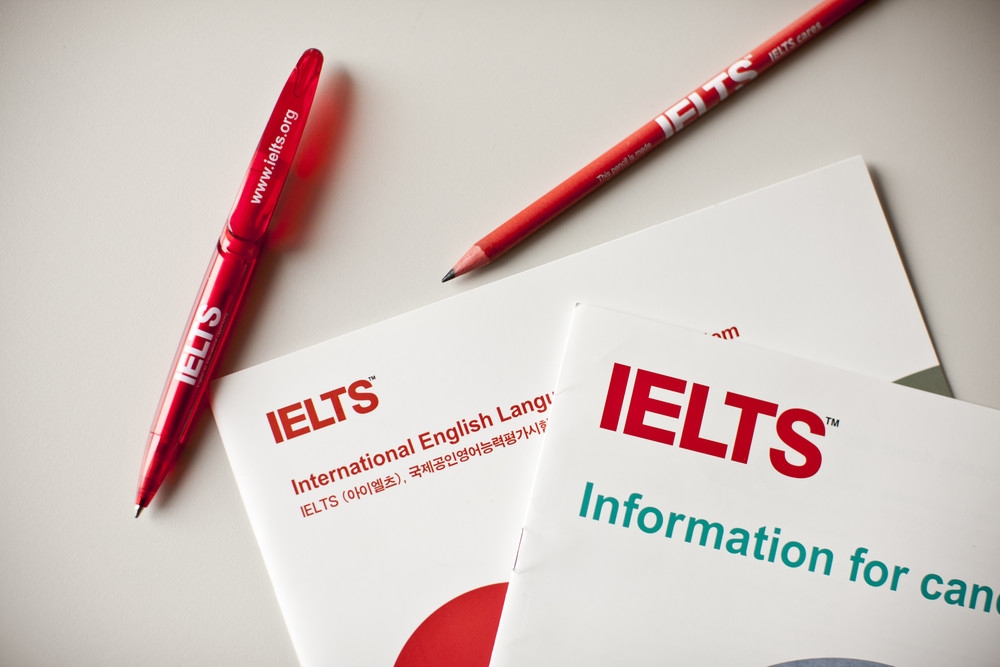Edition: January 2nd, 2022
Curated by the Knowledge Team of ICS Career GPS

- Excerpts from article by Piyush Kumar, published on the India Today Web Desk
The International English Language Testing System, or popularly IELTS, is the most prestigious and renowned English language test, accepted by more than 10,000 organisations, including employers, universities, schools, and immigration bodies across 140 nations. IELTS plays a pivotal role for millions of candidates every year who plan to study, work or live, in an English-speaking country.
Aspirants should also be clear about their goals regarding the score needed for a particular country or institution.
Based on the criteria established by the destination, institution, or organisation they are planning to join, candidates will have to fulfil the minimum requirements both with the individual band scores and overall band scores (explained below).
About IELTS
- Anyone who is planning to study, work, or migrate to English-speaking countries can appear for this exam.
- IELTS is available in both computer-delivered and paper-based formats.
- Candidates must decide which is the most comfortable medium for them.
- There are majorly two types of IELTS –
- IELTS Academic (AC) which is designed for those who wish to study at university or college as an undergraduate or postgraduate student or want to gain entry into a professional institution.
- IELTS General Training (GT) which is designed for those who are planning to migrate to an English-speaking country.
- Before starting the preparation, the required individuals should check the version of IELTS suitable to their needs.
- Irrespective of the test type you choose, IELTS is divided into four sections:
- Listening
- Reading
- Writing
- Speaking
- Test-takers receive individual bands for each section along with an overall band score.
Here are 5 tips to ace the IELTS exam:
1. Adopt the English language as a part of your daily routine.
- Understand that English is a language.
- Thus, test-takers should practise it as a language (and not as a subject).
- There are various ways to make this process interesting.
- Besides dedicating a particular time to enhancing language skills, candidates can watch English movies, read English newspapers, or listen to English music.
2. Mock tests are the key to self-evaluation and confidence–building.
- There are a variety of mock tests and preparation resources available online.
- Candidates must take these tests to analyse how much preparation they need.
- Moreover, they will also receive free practice material (ELTS preparation toolkit) while booking the test, which many test-takers consider sufficient.
- The IELTS preparation toolkit pack contains:
- A checklist to organise your preparation
- Practical advice from examiners
- Language guidance for the examination
- Information about rules and regulations of the test
3. Understand a variety of accents and work on your pronunciation.
- There is no deduction in IELTS for having an accent.
- However, a test-taker must be able to pronounce words correctly.
- During their learning phase, candidates can practise and test their pronunciation by diligently using pronunciation tools available online.
4. Don’t leave blank answers and read all questions properly.
- There is no negative marking for wrong answers.
- So, even if test-takers do not know the correct answer, they must attempt all questions in all sections.
- It will increase the probability of getting a higher score band.
- Additionally, follow the instructions carefully and re-read all the answers before submitting.
5. Prepare for the test day to avoid a last-minute rush.
- Carry relevant ID proofs (the same document as used at the time of test application).
- Double check test location, date, and time.
- Keep enough travel time to avoid getting late.
- No watches are allowed in the exam room; there will be a wall clock in the examination room to refer to.
- Test-takers can always reach out to the supervisor if they have any doubts.
Fair & Accurate Test
- A major reason for IELTS’ worldwide popularity is its fairness and accuracy in assessing English language proficiency.
- Teams of language specialists based in Australia, Canada, New Zealand, the UK, and the USA are regularly commissioned to write test questions.
- These tests pass through a multi-stage development and validation process, ensuring that every version of the test is of a comparable level of difficulty and provides valid and consistent results.
….
Career Trends: 3 Mindset Hacks for Your Entrepreneurial Journey
(Disclaimer: The opinions expressed in the article mentioned above are those of the author(s). They do not purport to reflect the opinions or views of ICS Career GPS or its staff.)
Like this post? For more such helpful articles, click on the button below and subscribe FREE to our blog.




